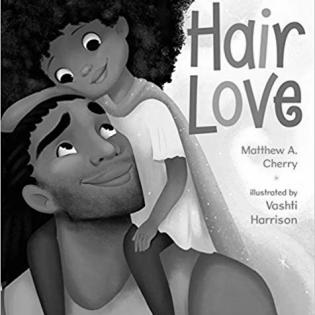Participants become familiar with philanthropy-related terms and a variety of philanthropy in the past. We consider the impact of people who contribute in large and small ways to the health of the community.
Filter by subjects:
Filter by grades:
Filter by audience:
Filter by issue area:
Filter by content type:
Filter by resource type:
resource search
Participants gain awareness about the work of local nonprofit organizations through research and by interviewing representatives. They summarize the mission, needs, and impact of the organizations on the community.
In a civil society, it is everyone's responsibility to make sure the rights of the minority are respected and upheld, and this protection is often championed through political action by the nonprofit sector.
We examine the Core Values of American Democracy and discuss their importance and where we are exposed to them and practice them throughout life.
“Zuri’s hair lets her be her! It coils and kinks to perfectly match a princess tiara or a superhero cape.
This secondary lesson explains what the U.S. Census is and why it is important for everyone. Every ten years, we count everyone who is living in the U.S., from babies to the oldest people. This gives our government a clear idea of who is using services and where we have growth or decrease in...
This lesson explains what the Census is and why it is important for everyone. Every ten years, we count everyone who is living in the U.S., from babies to the oldest people. This gives our government a clear idea of who lives where and regions where we have growth or decrease in population...
We learn about Elizabeth Cady Stanton and her leadership of the woman's suffrage movement. At the time it was hard for some people to see that women deserved equality or that change was possible, but her persistence and organization techniques helped raise awareness and involvement....
"Freedom songs" were an important motivating force during the Civil Rights Movement, 1954-1968. Through music we explore the important figures in the Civil Rights Movement and their contribution to the common good.
Music may bring joy or it may help people reflect on their feelings. The "freedom songs" may have motivated the Civil Rights activists as they sought to aid the common good, and we can bring music to someone in the community as a gift of generosity and inspiration.
